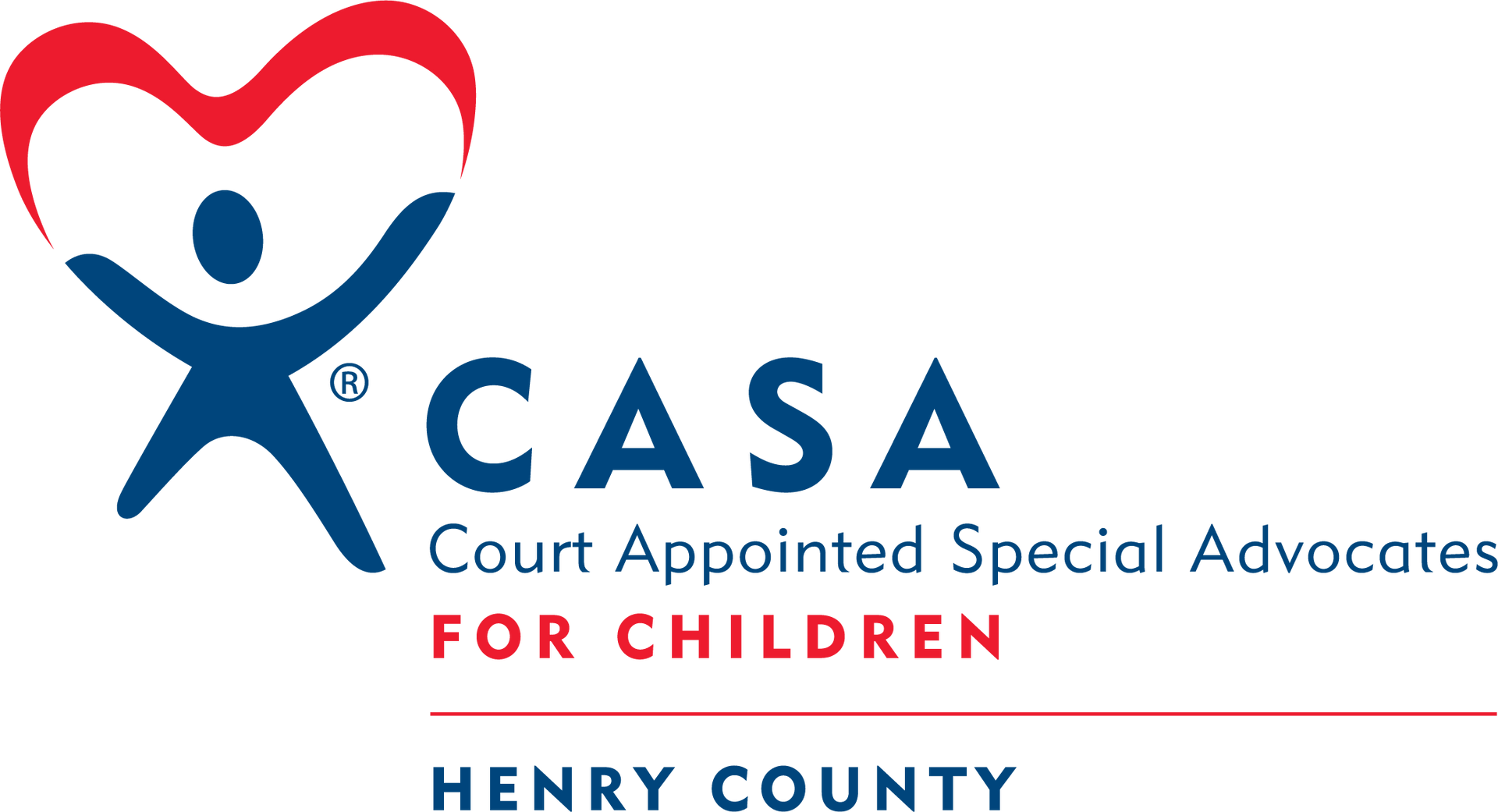Frequently Asked Questions
-
What is a CASA Volunteer?
A Court Appointed Special Advocate (CASA) volunteer is a trained citizen appointed by a judge to represent a child victim in a case of abuse or neglect.
-
Do I need a specific background to serve as a CASA?
No. Our volunteers come from varied backgrounds. The pre-service training is designed to give you all the necessary information and instruction to prepare you for the role. All you need is the willingness to volunteer.
-
What training does a CASA volunteer receive?
Training is a combination of 30 hours of class instruction - covering topics and case studies that will prepare you for real life situations; as well as 10 hours of court observation.
-
Is being a CASA volunteer advocate the same as being a mentor?
The CASA program is NOT a mentoring program. However, similar to a mentor, a CASA volunteer advocate must establish a good rapport with the child(ren) and develop a relationship with the child through consistent visitation. Beyond that, the CASA gathers information about the child(ren), submits fact-based recommendations in a report to the juvenile judge, and attends court hearings to advocate for the child(ren).
-
How does a CASA volunteer investigate a case?
To prepare a recommendation, the CASA volunteer talks with the child, parents, family members, Division of Family & Children Services (DFCS) case managers, school officials, health providers, and others who are knowledgeable about the child's history. The CASA volunteer also reviews all records pertaining to the child - school, medical, case manager reports, and other related documents.
-
What is the time commitment on a monthly basis?
Each case is different. A CASA spends between 10 and 15 hours per month for research and conducting interviews. More complicated cases can involve more time.
-
What is the time commitment for a CASA to serve on a case?
Our program requires a minimum of 18 months, but we our preference and ultimate goal is that a CASA will remain with a case until it is resolved and permanency is achieved.
-
How are CASA programs funded?
As a nonprofit entity, we rely on individual donors from our community, foundations, corporations, fundraising events, and grants for ongoing support.
-
How effective is the CASA model?
Research suggests that children who have been assigned a CASA volunteer are half as likely to re-enter foster care and are significantly less likely to spend time in long-term foster care. A child with a CASA volunteer is also more likely to do better in school, have better conduct, and more likely to fin a permanent home.
Get In Touch
CASA of Henry County, Inc.
1 Judicial Ctr Ste 115
McDonough, GA 30253-3245
info@henrycasa.org

